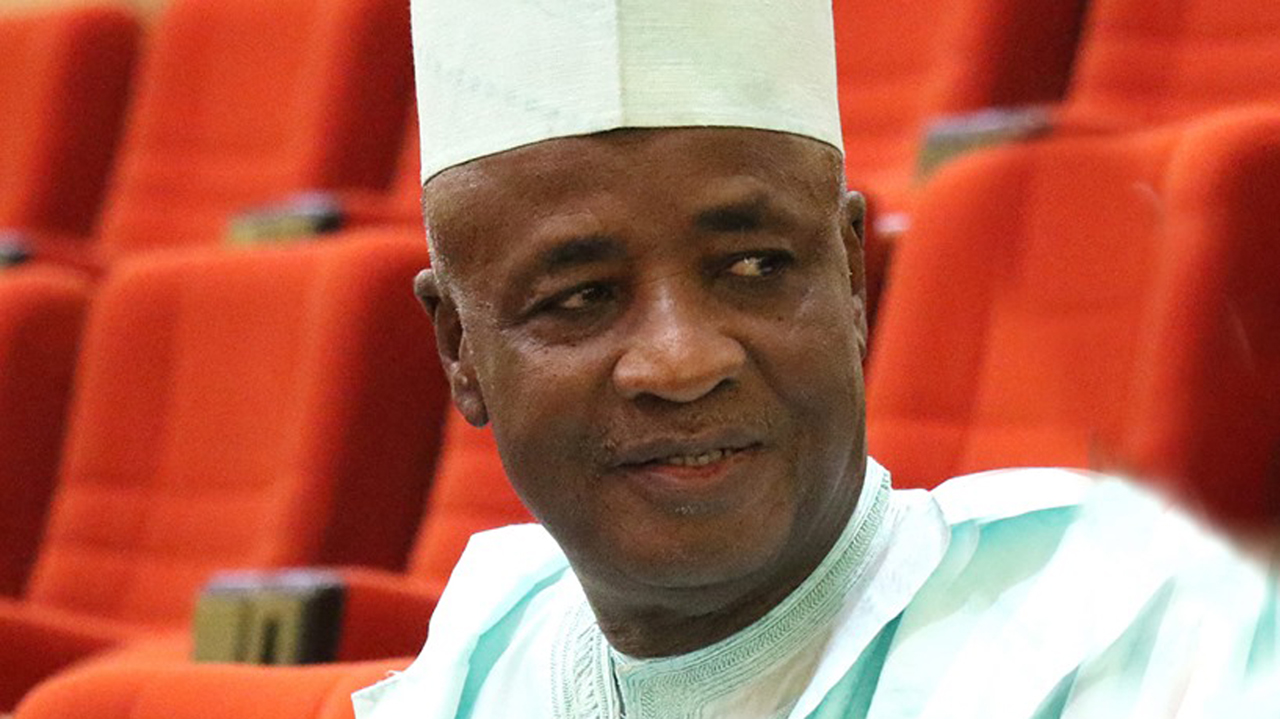Introduction :
Nigeria, Africa’s largest economy by GDP and population, has long struggled with economic policies that fail to translate into sustainable growth and prosperity. In recent years, the government’s approach to fiscal and monetary policy has further exacerbated economic woes, stifling business activity and worsening hardship for citizens. Key among these policy failures are the poorly managed removal of fuel subsidies, excessive taxation, stringent regulatory frameworks, increased import duties, and a lack of proper monetary policies, including inadequate access to credit for small and mid-sized enterprises (SMEs). By contrasting Nigeria’s approach with the success stories of China and Thailand, it becomes evident how the country’s policies have stifled economic potential rather than unleashing it.
The removal of fuel subsidies in Nigeria was initially positioned as a necessary reform to free up government revenue for infrastructure and social services. However, the execution was poorly managed, leading to skyrocketing fuel prices and a corresponding rise in the cost of goods and services. The absence of proper social safety nets or alternative economic cushioning mechanisms meant that inflation soared, squeezing both businesses and households. Unlike in Thailand, where gradual fuel subsidy reforms were complemented by targeted social programs to protect the poor, Nigeria’s approach left many citizens struggling with unaffordable transportation and energy costs.
The Nigerian government has aggressively increased taxes in an attempt to boost revenue. However, the failure to stimulate economic growth means that businesses and individuals are now overburdened with taxes without the benefits of a thriving economy. Companies are hit with multiple layers of taxation—corporate income tax, value-added tax (VAT), and excessive levies—while infrastructure remains inadequate. In contrast, China has used a tax-incentive model to encourage investment and industrial growth. Strategic tax cuts for startups and SMEs in China have spurred innovation and economic expansion, rather than constraining business activity as seen in Nigeria.
A Nightmare for Businesses
Entrepreneurs in Nigeria face numerous bureaucratic hurdles when trying to start or expand a business. From obtaining permits to dealing with inconsistent regulations across government agencies, the regulatory burden discourages investment. Thailand, on the other hand, has significantly reduced business red tape, making it easier to register businesses and acquire permits within a short time. This ease of doing business has allowed Thailand’s SME sector to flourish, contributing significantly to GDP and employment. NAFDAC and SON, fraught with inefficient process policies and bureaucratic red tapes should be primary candidates for immediate reforms.
In a bid to encourage local production, Nigeria has significantly raised import duties on several essential goods. However, with an underdeveloped industrial sector and inadequate local production capacity, the move has backfired, leading to higher prices of raw materials and consumer goods. The cost of production has surged, making local businesses less competitive. China’s approach to trade policy contrasts sharply—while encouraging domestic production, it has also maintained a strategic openness to imports that fuel its industries with essential inputs, allowing them to compete on a global scale.
One of the most damaging aspects of Nigeria’s economic policies is the lack of access to affordable credit for SMEs, which are the backbone of any economy. Nigerian banks, constrained by high interest rates and poor monetary policy management, are unwilling to lend to small and mid-sized businesses. Without access to credit, businesses cannot expand, innovate, or create jobs. In contrast, China and Thailand have prioritized SME financing through low-interest loans, government-backed credit programs, and financial inclusion initiatives, leading to a vibrant and resilient business environment.
Corruption in Nigeria’s banking sector further exacerbates the lack of access to credit for SMEs. Many banks prioritize loans to politically connected individuals and large corporations, often at the expense of smaller businesses that drive economic growth. Funds meant for economic development are frequently siphoned off through fraudulent schemes, insider lending, and misallocation of resources. This creates an uneven playing field where genuine entrepreneurs are denied opportunities, stifling innovation, and economic expansion. In contrast, China and Thailand have implemented stricter banking regulations and transparency measures that ensure financial institutions serve the broader economy rather than a privileged few.
The combination of these policy failures has led to an economic slowdown, rising unemployment, and increasing poverty levels. Inflation continues to erode the purchasing power of Nigerians, while foreign investors are hesitant to commit capital due to regulatory unpredictability and policy instability. Social unrest is growing as frustration mounts over economic hardship, with protests and strikes becoming more frequent.
Conclusion: The Way Forward
For Nigeria to break free from its cycle of economic mismanagement, the government must take a more strategic and pragmatic approach to fiscal and monetary policies. This includes:
Implementing gradual and well-planned subsidy removals with accompanying social safety nets.
Reducing excessive taxation and replacing it with incentive-based revenue generation strategies.
Streamlining regulatory processes to improve the ease of doing business.
Balancing import duties to protect local industries without stifling trade.
Developing a robust monetary policy that ensures SMEs have access to affordable credit.
Addressing corruption in the banking sector through stricter regulations and transparency initiatives.
Increase spending on energy infrastructure by encouraging and funding private producers of energy across the length and breadth of the country.
By learning from successful economies like China and Thailand, Nigeria can create an environment that fosters sustainable growth, encourages investment, and improves the standard of living for its citizens. Without such reforms, the country risks prolonged economic stagnation and deepening social crises.
Jude Mbionwu , is an IT professional and Entrepreneur expert



